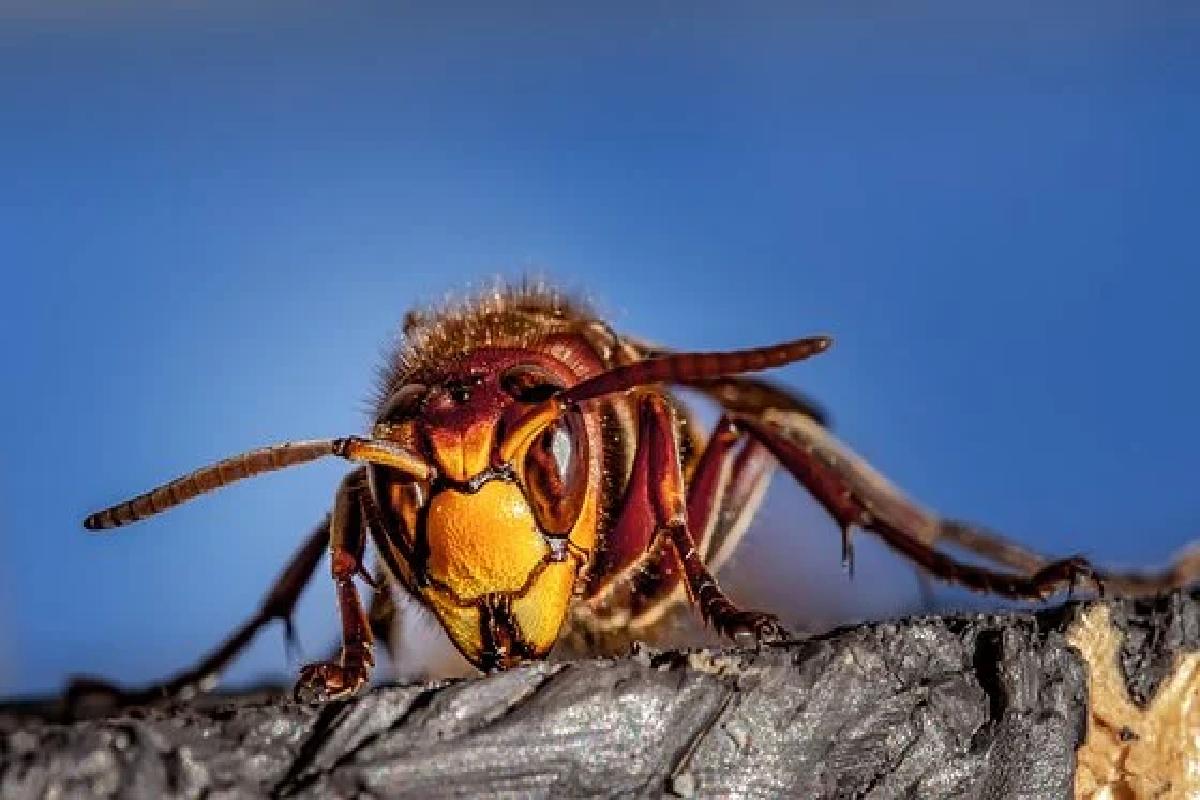Table of Contents
What is a Wasp Sting?
Wasp Sting is a wound caused by the venom of a bee. Allergic reactions to bee stings are usually more severe in adults than in children.
In many cases, there is only pain and swelling at the site of the bite. In rare cases, a life-threatening allergic reaction cause shortness of breath, swollen tongue, nausea, and loss of consciousness, requiring emergency medical attention.
Treatment consists of removing the stinger, washing the area with soap and water, and applying cold compresses or ice for mild to moderate reactions. Creams on the affected area can help reduce discomfort. Severe reactions may require adrenaline.
Wasp stings are expected during the warmer months when people are outside for long periods. They are painful, but the majority of people recover quickly and without complication.
Wasps, like bees and hornets, are prepared with a stinger to defend themselves. A wasp sting contains venom (a poisonous substance) that transmits to humans.
Symptoms of a Wasp Sting
People who are not allergic to stings will only experience minor symptoms during and after a wasp sting. Initial sensations may include a sharp pain or burning at the site of the sting. Redness, swelling, and itching can also occur.
Symptoms of a significant allergic reaction to wasp stings include:
- painful swelling of the face, lips, or throat
- hives or itching in areas of the body not affected by the bite
- breathing difficulties, such as wheezing or gasping
- dizziness
- a sudden drop in blood pressure
- dizziness
- loss of consciousness
- nausea or vomiting
- diarrhea
- stomach cramps
- weak or fast pulse
Treatment for Wasp Sting
Treat mild and moderate reactions to wasp stings at home. When treating your bite at home, you should:
- Clean the sting area with soap water to remove the venom as possible.
- Apply a cold compress to the wound site to reduce swelling and pain.
- Keep the wound clean and dry to keep away from infection around
- Cover with a bandage if desired.
- Use hydrocortisone cream or calamine lotion if skin itching or irritation becomes troublesome
- Baking soda and colloidal oatmeal are gentle to the skin. Use it while bathing or with medicated skin creams
- Over-the-counter pain relievers, such as ibuprofen, can control pain associated with wasp stings.
- Antihistamines, such as diphenhydramine and chlorpheniramine, can also reduce itching. Take all medications as directed to avoid possible problems, such as stomach issues or drowsiness.
- You should consider getting a tetanus shot a few days after the bite if you haven’t had a booster shot in the last ten years.
- The vinegar – Vinegar is another possible home remedy used for wasp stings. The theory is that the acidity of the vinegar can help neutralize the alkalinity of wasp stings.
- Using vinegar on wasp stings, soak a cotton ball in apple cider or white vinegar and place it on the affected skin area. Use gentle pressure to relieve pain and inflammation. You can leave the cotton on your skin for several minutes.
Severe Reactions of Wasp Sting
Severe allergic reactions to wasp stings require immediate medical attention.
Treatment for severe allergic reactions to wasp stings include:
- extra epinephrine to calm your immune system
- cardiopulmonary resuscitation (CPR) if breathing has temporarily stopped
- oxygen, steroids, or other medicines to improve breathing

